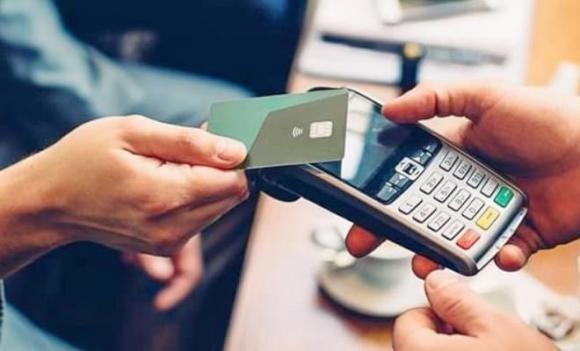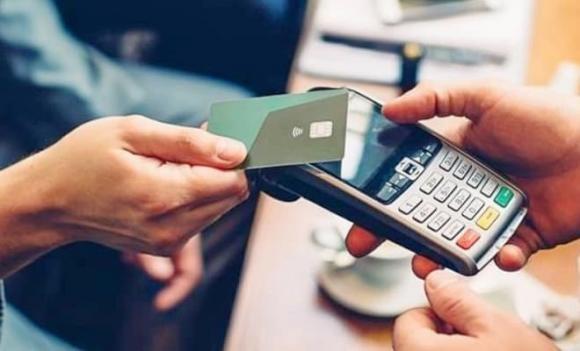“Vietnam’s VAT Law 2024: Emphasizing Digital Payments for Input Tax Credit Claims”
The upcoming Value-Added Tax (VAT) Law 2024, effective from July 1, introduces a significant change regarding input tax credit claims. To be eligible for input VAT deduction, businesses must now provide non-cash payment receipts for most goods and service purchases.
Specifically, Point b, Clause 2, Article 14 of the VAT Law 2024 clearly states that one of the conditions for input VAT deduction is to have non-cash payment receipts for goods and services purchased. This rule applies to all transactions, except for certain specific cases to be defined by the Government.

From July 1, non-cash payments will be mandatory for VAT deduction claims.
In a discussion with NLD reporters, Mr. Dong Minh Hong, Director of DVL Tax Agent Company, shared: “Previously, transactions below VND 20 million per time were not required to be paid through banks. However, under the new Law, even small transactions below VND 20 million must have valid invoices and non-cash payment receipts to be eligible for input VAT deduction.”
Mr. Hong attributed the new regulation to the government’s push for electronic payments and better control over the economy’s cash flow. Nonetheless, the Government is yet to issue a decree providing detailed guidance, including clarifying the transaction value threshold for mandatory non-cash payments.
In reality, many businesses often procure agricultural products from farmers, who do not issue VAT invoices. In such cases, a detailed and accurate listing may be accepted by the tax authority as a reasonable expense when calculating corporate income tax (CIT).
However, Mr. Hong warned: “Businesses should not take advantage of this to inflate expenses. Purchasing large quantities from non-VAT invoice providers and declaring them as purchases from farmers will not be accepted by the tax authority. Such expenses will be disqualified from reasonable expenses when calculating CIT.”
Given the new legal requirement, Mr. Hong advised businesses to adopt electronic payment methods such as bank transfers, credit cards, or digital payment platforms to ensure eligibility for VAT deduction.
Additionally, businesses should maintain complete records of invoices and payment receipts to mitigate risks in case of tax audits or inspections.
Experts anticipate that the tax authority will promptly issue detailed guiding documents to help businesses understand and comply with the new regulation, avoiding unnecessary penalties. Proper compliance will also ensure businesses safeguard their tax entitlements and maintain financial transparency.
KienlongBank Shareholders’ Meeting: Approves VND 800 Billion Profit Plan for the Year, Elects an Additional Member to the Board of Directors and a Member to the Supervisory Board
On the morning of April 26, 2024, Kienlong Commercial Joint Stock Bank (KienlongBank) held its annual general meeting of shareholders in 2024.




















